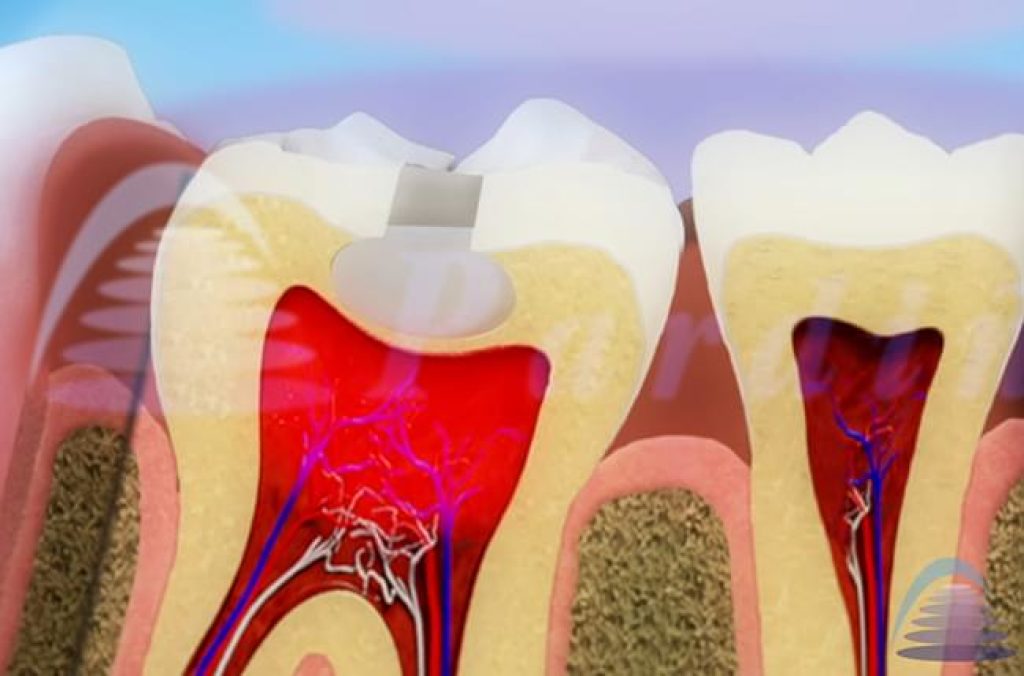Symptoms of nerve damage after wisdom teeth removal
Wisdom teeth removal is a common dental procedure, but in some cases, it can lead to nerve damage. This condition can cause discomfort, numbness, and other sensory changes. Understanding the symptoms of nerve damage can help in early diagnosis and treatment.
Common Symptoms of Nerve Damage
Numbness or Tingling: Patients may experience a loss of sensation or tingling in the tongue, lips, chin, or gums.
Burning Sensation: Some people report a burning or prickling feeling in the affected areas.
Pain and Sensitivity: Nerve damage can lead to persistent pain or extreme sensitivity to hot and cold.
Difficulty Speaking or Eating: Loss of sensation may make it harder to control the tongue and lips.
Drooling or Lack of Control: Some patients find it difficult to keep saliva inside their mouths due to impaired sensation.
Types of Nerve Damage After Wisdom Teeth Removal
Inferior Alveolar Nerve (IAN) Damage: This nerve runs along the jaw and can lead to numbness in the lower lip and chin.
Lingual Nerve Damage: This affects the tongue, leading to loss of taste and tingling sensations.
How to Prevent and Treat Nerve Damage?
Choosing an Experienced Dentist: Consulting the Best Dentist in Delhi ensures proper surgical techniques to reduce the risk of complications.
Early Diagnosis: If you notice numbness or pain lasting more than a few weeks, visit a Best Dental Surgeon in Delhi for assessment.
Medications & Therapies: Some cases may require pain management through medication or nerve stimulation therapy.
Surgical Repair: In severe cases, nerve damage might need surgical intervention.
When to See a Specialist?
If symptoms persist beyond a few weeks, it's crucial to consult a Best Dentist in Delhi for Braces or a Best Children Dentist in Delhi for further evaluation.
Final Thoughts
While nerve damage after wisdom teeth removal is rare, it is essential to recognize symptoms early. Consulting a qualified dental expert can help manage the condition effectively and ensure a smooth recovery. If you experience persistent numbness, pain, or loss of sensation, seek professional help to prevent long-term issues.

Comments
Post a Comment